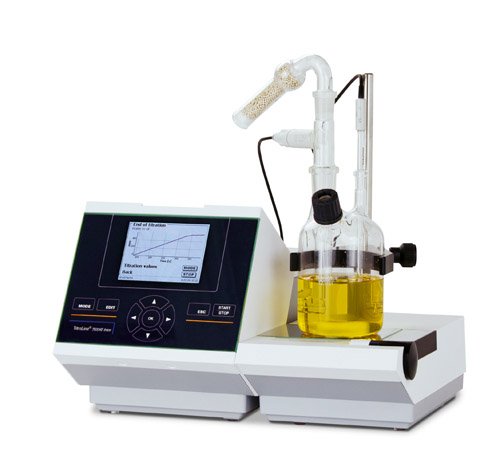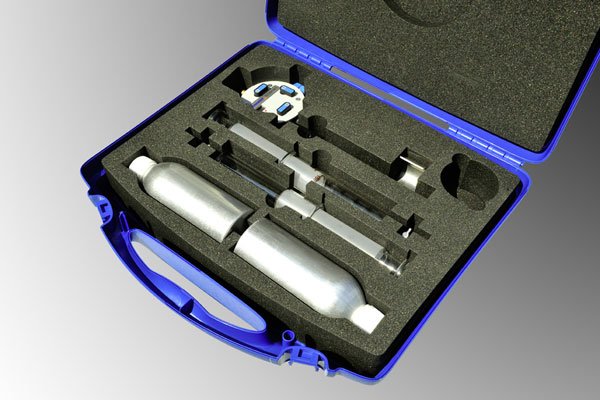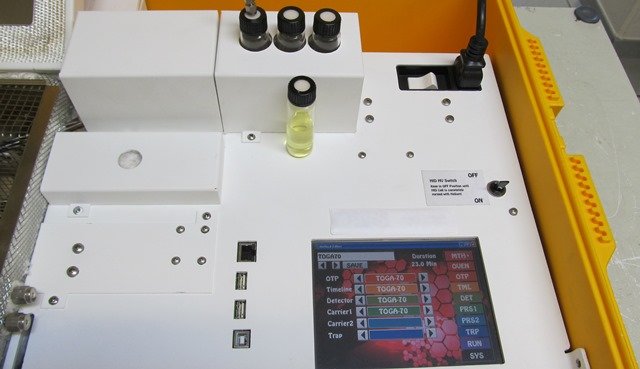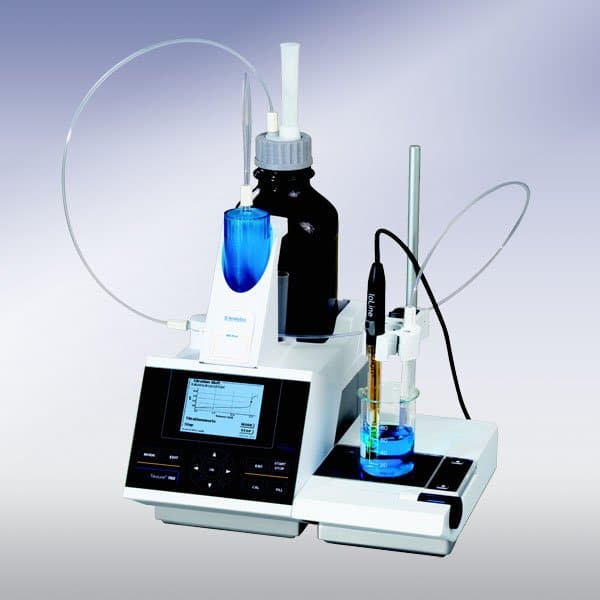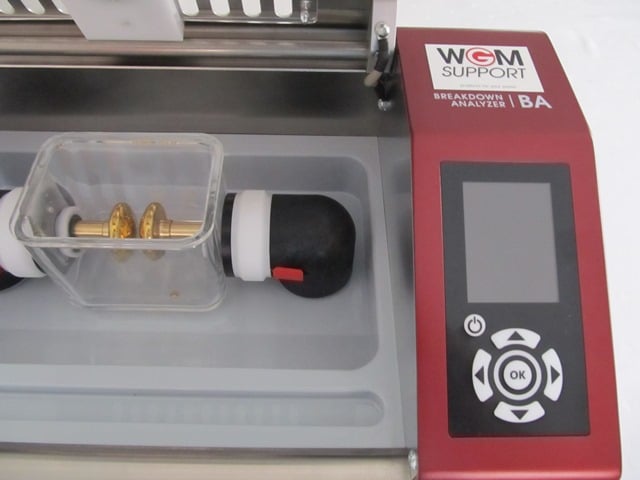
Breakdown Analyzer | ÖLPG | Oil Tester
The ÖLPG Oil Tester is a portable “Breakdown Analyzer” for on-site testing of oils. With the ÖLPG Oil Tester, the breakdown voltage or dielectric strength of insulating oil is tested fully automatically and thus quickly and cost-effectively. A fundamental test of the oil quality of transformer oil is the breakdown voltage test. The following applies: The lower the resulting voltage, the worse the quality of the oil! The ultra-light transformer oil testers are impressive in their performance data and ideal for on-site oil testing. With the ÖLPG, plant operators are able to assess the quality of the insulating oil directly on site. If necessary, the appropriate measures would have to be initiated. The oil sample no longer needs to be sent to a test laboratory for analysis.
The procedure and a short shutdown time of less than five µs enable highly efficient testing. The high-contrast display of the testing device facilitates handling and navigation. With the Breakdown Analyzer synthetic oils, ester and silicone oils can be tested non-destructively. The breakdown voltage of insulating oils can be determined in a very simple way by taking the oil sample from the transformer or current transformer and subjecting it to the fully automatic oil test. The test result allows the operator of the equipment to assess the quality of the insulating oil and to decide whether the oil should be retained or replaced.
The automatically generated test reports can already be downloaded in PDF format to a USB stick! Due to the extremely fast voltage cut-off on breakdown, synthetic oils, ester and silicone oils can also be tested non-destructively! The pre-defined, fully automatic test sequences meet all current international norms and standards. The oil testing devices thus guarantee that the legal requirements for the prescribed oil tests are met.
We offer you advice on the topics of: Dielectric breakdown voltage | dielectric strength | oil tester


